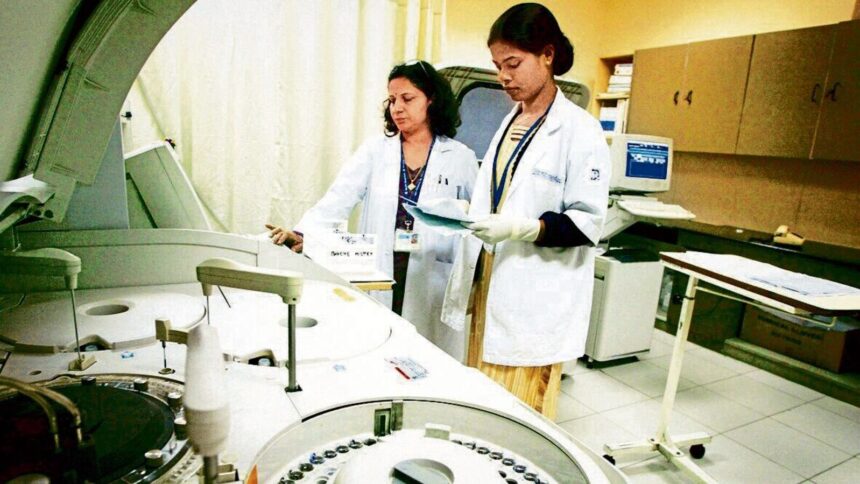India’s top drug regulator is working to gather information on adverse events related to medical devices in order to take prompt action against manufacturers and ensure measures are put in place to reduce risks to public health as the number of such incidents continues to rise.
The Drugs Controller General of India has introduced a standardized format for collecting data on negative effects caused by medical devices and in-vitro medical devices (IVDs). This form ensures that the identity of patients or complainants will remain confidential. Details required in the form include information on the specific medical device such as the brand name, manufacturer, importer, or distributor.
Individuals are encouraged to submit the completed form to the Indian Pharmacopoeia Commission, which oversees the Materiovigilance Programme of India (MvPI) platform designed to monitor adverse events associated with medical devices in the country.
The increased regulatory measures are intended to enhance surveillance of adverse effects from medical devices, a market projected to grow from $11 billion to $50 billion by 2030. Unlike drugs, ensuring absolute safety in medical devices, which are engineering products rather than chemical products, may not be entirely feasible, according to Rajiv Nath, forum coordinator of AiMeD, a coalition of medical device manufacturers in India.
Nath emphasized the importance of post-market surveillance for serious adverse events resulting in death or injuries requiring surgical intervention. Reporting such events to manufacturers allows for faster and more direct resolution, or to the Indian Pharmacopoeia Commission or regulators for systemic reviews.
Medical devices encompass a wide range of categories including therapeutic, diagnostic, implantable, non-implantable, invasive, non-invasive, single-use, reusable, sterile, non-sterile, and for personal or homecare use.
Nath highlighted the significance of creating a trust-based environment for reporting adverse events related to medical devices, without resorting to witch hunts against those reporting, whether they are healthcare providers, patients, or manufacturers themselves.
Regarding the lack of clarity surrounding reporting guidelines, the DCGI stated that submitting a Medical Devices Adverse Event (MDAE) report does not imply fault on the part of medical personnel, manufacturers, or the product itself, and does not carry legal implications for the reporter. Patient and reporter identities are kept confidential and protected by program staff.
Nath recommended following the reporting standards of the US and the European Union, emphasizing the importance of distinguishing between serious and non-serious adverse events to avoid confusion and ensure accurate reporting practices. He suggested that webinars and public education efforts could help clarify reporting requirements and build trust among stakeholders.










